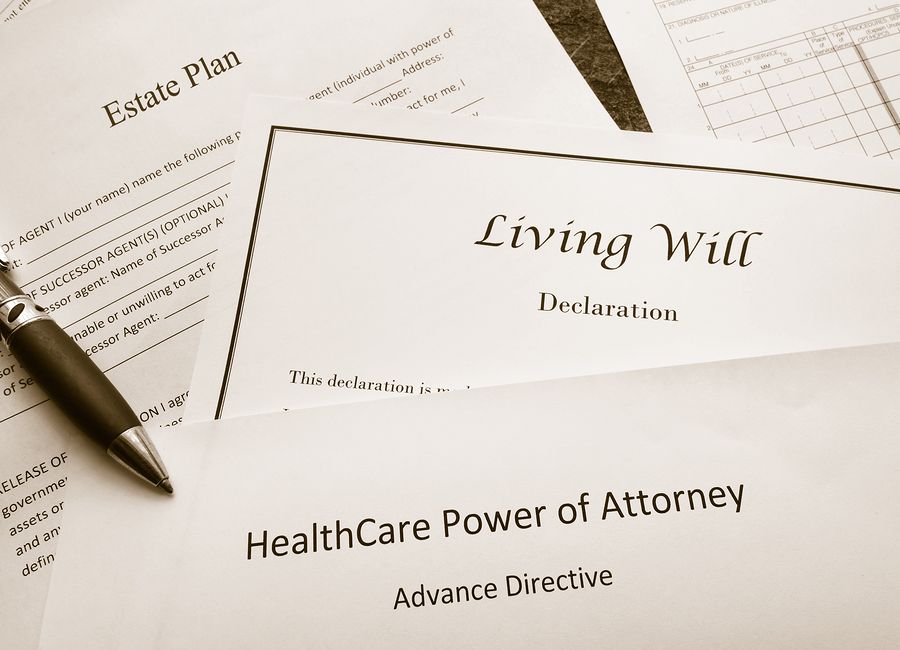Documents Needed for the Estate Planning Process
Understanding Estate Planning Documents
There are five basic documents that you need to complete the estate planning process: the will itself, durable powers of attorney, the beneficiary designation, the letter of intent, and a set of guardian designations if applicable. The will's purpose is to determine the allocation of resources, regardless of whether they are supposed to be distributed to just one beneficiary or many. An estate planning attorney can assist you in navigating the process correctly.
A durable power of attorney allows a representative to see to a client's needs even after the person becomes incapacitated for any reason. As with any power of attorney it's canceled by death, but is still a valuable and absolutely necessary part of the
estate-planning process. You can become unexpectedly incapacitated and remain that way for years, so it’s crucial for your representative of choice to fulfill your needs and administer your wishes during that time. It's important to note that there are two different kinds of durable powers of attorney: medical and financial. You need to set up both as part of the estate-planning process. The person you designate is known as either your "agent" or "attorney in fact." Despite that last term, the person you choose doesn't have to be an attorney.
Proper Planning with an Estate Planning Attorney
Designated beneficiaries are people to whom you will leave an asset or assets. These include IRAs, bank accounts, stock portfolios, etc. An entity cannot be a designated beneficiary. Entities include things like charities, trusts, or someone else's estate. There are five different "people" who can be designated beneficiaries: your spouse, any children who are under 18 years of age, someone who is disabled, someone who is chronically ill, or anyone else who is not more than 10 years younger than you. The letter of intent serves to clarify your wishes. "I bequeath $50,000 for the care of Aunt Edna," is very general. Your letter of intent will elucidate how you actually want Aunt Edna to receive care such as in-home nursing, moving to an assisted living facility, or medical expenses.
Guardianship designations are done by the court and not the principal, which is the person doing the estate planning. Guardians have more power than people holding powers of attorney, but they also have more responsibility. A guardian will usually live with the person over whom they have guardianship. They will be the ones making all of the medical decisions for the principal in the case that the principal becomes incapacitated. When it comes to the person's financial decisions, that is a conservatorship. Generally, the guardian and the conservator will work together to see to the principal's needs. In many cases, it's possible for the guardian to also be the conservator. One common example would be an adult child caring for a parent with Alzheimer's Disease.
The Best Legal Firm would be delighted to have the opportunity to advise you regarding these documents and their applications as part of your estate planning.

